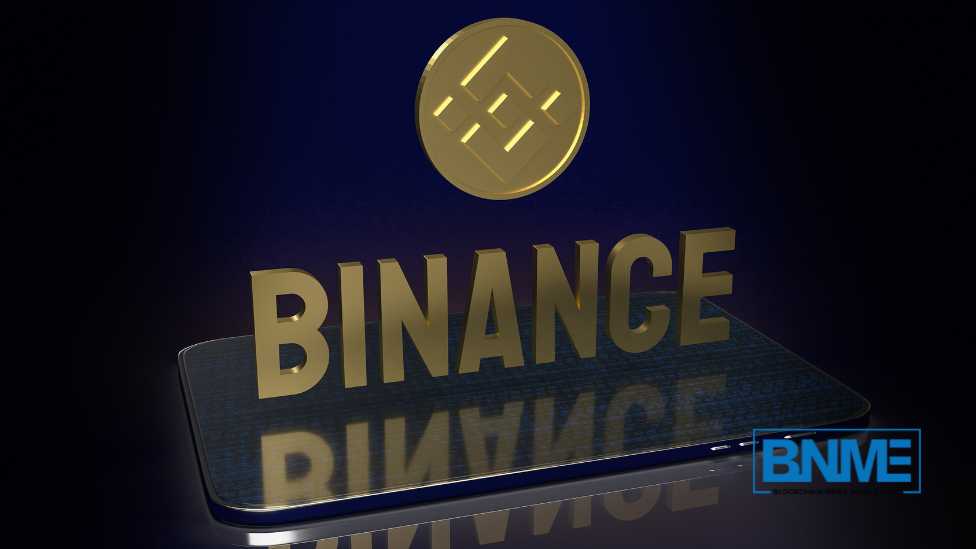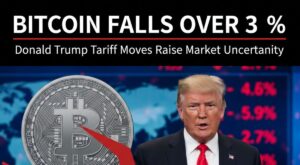Amid ongoing cryptocurrency discussions within Saudi Arabia’s government bodies, Binance’s Head of Development, Bandar AlTunisi, is optimistic about the potential emergence of “high-level” digital currency regulations in 2024. Fueled by a 12% year-on-year growth in crypto transactions, reaching $31 billion in July 2023, AlTunisi anticipates swift regulatory action in the dynamic Saudi market.
Navigating Growth and Opportunities
In the evolving landscape of cryptocurrency discussions within various Saudi government bodies, Bandar AlTunisi, Head of Development at Binance in Saudi Arabia, expresses considerable optimism regarding the possibility of witnessing “high-level” digital currency regulations taking shape in the country throughout 2024. This optimism is fueled by ongoing developments and a promising trajectory in the crypto space.
Recent reports from the US blockchain analysis firm Chainalysis reveal a substantial 12% year-on-year growth in crypto transactions, soaring to $31 billion by July 2023. This growth serves as a testament to the increasing interest and engagement in the digital currency sphere within Saudi Arabia.
AlTunisi, acknowledging the potential for regulatory advancements, highlights the agility of the Saudi market. He notes that the timeline for regulatory implementation is contingent on various factors but emphasizes the proactive approach of Saudi authorities once they are ready to move. This dynamic responsiveness contributes to the overall excitement about the Saudi market within the crypto community.
Bader Al Kalooti, Head of Binance Middle East, Africa, Southern Asia (MEASA), and Turkey, adds a nuanced perspective by likening the crypto industry’s current stage to the natural progression of disruptive technologies. He notes that initial disruptive rollouts are often followed by a period of demonstrating product-market fit before regulations catch up. Drawing parallels with the experiences of early adopters like Dubai and Bahrain, Al Kalooti suggests that other markets will inevitably follow suit, albeit at a measured pace.
Key entities involved in the ongoing examination of potential crypto regulations include the Saudi Central Bank (SAMA), the Ministry of Communications and Information Technology (MCIT), with a particular focus on blockchain, and the Capital Markets Authority (CMA). Additionally, the Financial Sector Development Programme initiated in 2018 could play a pivotal role in shaping the regulatory landscape for cryptocurrencies in Saudi Arabia.
As AlTunisi looks ahead, he emphasizes that the establishment of regulations will be followed by a critical phase of understanding how these regulations will be implemented. Saudi Arabia holds significant importance as a priority market for both the cryptocurrency industry at large and Binance specifically. AlTunisi points out that Binance stands out as a major exchange with a substantial on-the-ground presence in Saudi Arabia, distinguishing it from other platforms.
Takeaways
In conclusion, AlTunisi anticipates substantial industry growth, considering Saudi Arabia’s historical tendency to make significant strides once regulatory movements occur. The prevailing sentiment is one of excitement and readiness to seize the vast opportunities that may unfold in the wake of potential crypto regulations in Saudi Arabia during 2024.




























